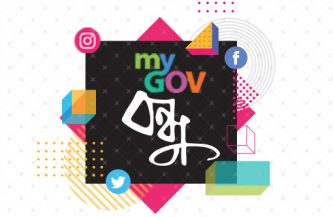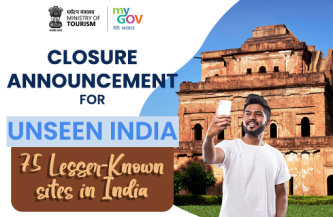Health security to all by providing affordable, quality medicines

“The poor must have access to affordable medicines; the poor must not lose their lives because of lack of medicines” – PM Narendra Modi
Access to quality medicines at affordable prices has been a major objective of the government and proactive measures have been taken to ensure the same. 105 AMRIT outlets have been opened across the country and are providing cancer and cardio-vascular drugs, as well as cardiac implants at very affordable prices. More than 42 lakh patients have benefitted, saving over Rs. 200 crores.
The government plans to take affordable medicines to each block within the country through the Jan Aushadhi scheme. In November, 2016, to give further impetus to the scheme, it was revamped as “Pradhan Mantri Bhartiya Janaushadhi Pariyojana” (PMBJP). With a change in name, the scheme which aims at providing quality generic medicines in place of the branded expensive ones (for e.g. 10 tablets of Amlodipine 5 mg cost Rs. 3.25 as compared to Rs. 20.00 for the branded version) also got a much-needed boost.

Several remedial measures have been taken to breathe new life into the scheme:
- In order to spread awareness about the use of generic drugs, publicity campaigns have been initiated through hoardings, bulk SMS, advertisements in newspapers, distribution of pamphlets.
- The supplier base has been increased. Earlier, only PSUs were assigned to make and supply drugs. But now 125 suppliers, certified under the WHO’s Good Manufacturing Practice (GMP), are also part of the scheme. Additionally, the supply chain mechanism has been improved by appointing distributors and C&F agents.
- The financial incentives to start a store have been increased to Rs. 2.5 lakh from 1.5 lakh. The trade margin has been increased from 16% to 20% for retailers and from 8% to 10% for distributors.
- Over 600 medicines and more than 150 surgical items have been made available under the scheme. The number was only 100 till 2014.
- Each batch of drugs supplied to Jan Aushadhi Kendras is tested for quality assurance and is compliant with WHO GMP (Good Manufacturing Practices) benchmarks.
- The therapeutic basket which was incomplete earlier, has been modified to cover all 23 major therapeutic categories such as anti-infective, anti-diabetics, cardiovascular, anti-cancer and gastro-intestinal.
- The Medical Council of India has issued a directive to all medical practitioners making it mandatory for them to mention the generic names of medicines along with brand names in the prescription.
- The eligibility criteria of operating agencies for Jan Aushadhi Kendras have been relaxed with Kendras being permitted to open outside the premises of government hospitals. Any NGO, charitable society or registered medical practitioners were also made eligible to apply for opening a drug store.
PM Narendra Modi’s vision to provide affordable, quality healthcare has inspired the government to make health security for all its priority. The cap on the prices of stents and knee implants was another leap towards fulfilling that vision. In order to further improve the accessibility of cheaper medicines, the Ministry of Railways has been brought on board to open Janaushadhi Kendras in more than 1000 railway stations across the country. The unfairness of a patient missing out on treatment because of a lack of affordable treatment has been tackled head on with the development of the healthcare sector in such an integrated manner. The various initiatives undertaken by the Government have ushered in a “silent revolution” towards achieving health security for all.

















